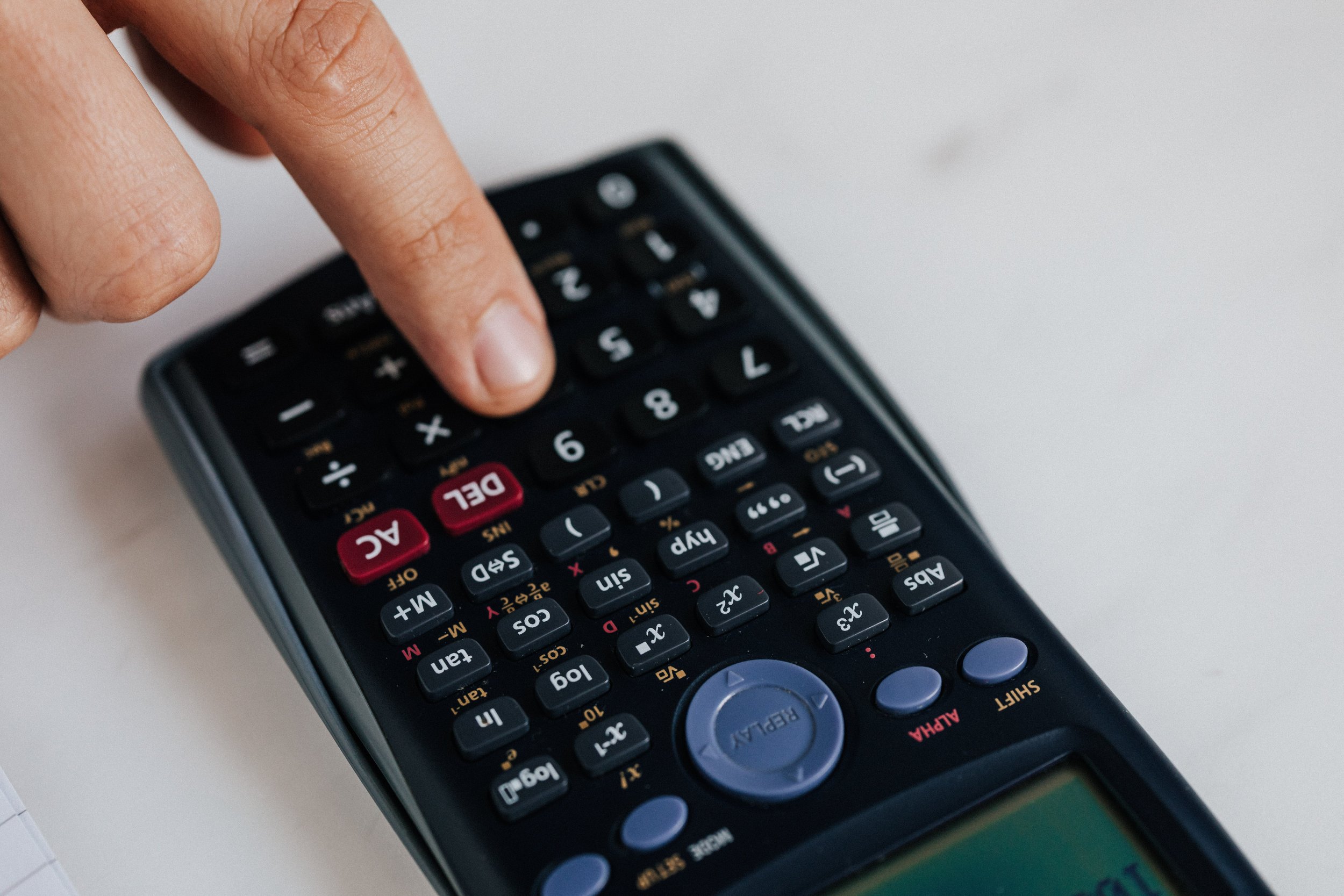Estimating Maintenance Costs For Your Home in Retirement
Even retirees who have paid off their mortgage will still encounter monthly expenses related to property ownership. Property taxes – especially in Texas – and utilities must still be paid, and, of course, there are those repairs!
Home maintenance expenses will also never go away, and depending on the age and condition of the home, they could increase. Effectively budgeting for home maintenance costs in retirement is a crucial financial exercise for those 50+. Here are two strategies for estimating how much you should save for maintenance on your home as you retire.
The 4% Rule
This strategy suggests basing your savings on the value of your home. Specifically, you should save 4% of the value of your home annually (give or take… mostly give). So if your home is worth $500,000, you should squirrel away $20,000 per year to allocate for home maintenance.
Now, that number may seem daunting, but it includes a lot of different things. It includes everything from landscaping and calling a plumber to fix a dripping faucet, getting a new roof every 15-20 years and new HVAC units ever 10-15 years.
As always, there are exceptions to the rule. Brand new homes will have less for the first decade before they start getting there. That being said, the 4% number has been proven to be pretty accurate. The IRS – with loads of data – allows property investors to depreciate 3.636% of the property value per year because that is the average amount spent annually on maintenance across the country.
The Square Footage Rule
Another rule of thumb some retirees follow when budgeting for home maintenance is the square footage rule. This strategy suggests setting aside about $1 for every square foot of livable space in your home. That means a 2,500-square-foot home would equate to $2,500 annually.
There are many years when that will work out, but this way of thinking typically just covers the small regular maintenance and not the large once-a-decade expenses.
Other Variables to Consider
The important thing to remember when budgeting for home maintenance in retirement is that it’s better to save too much than too little. Emergencies will happen, and when they do, you should be prepared.
Another thing to remember is that the best way to reduce home expenses is to keep up with preventive monthly maintenance. Not only will this help prolong the life of your property, but it will also alert you to potential issues before they become disastrous – and more costly – emergencies.
Estimating costs in retirement is a challenge, but the 4% rule really does serve as an effective guide. If you have questions about maintenance costs for your home or how to care for your home as you age in place, contact us at Golden Home Management.


